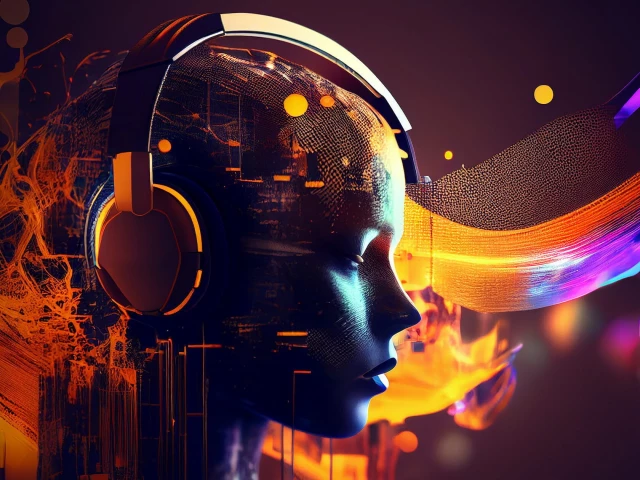Global music publishers accuse top AI firms of exploiting copyrighted songs
ICMP warns music income may drop as firms like OpenAI, Suno and Udio used unlicensed music to train models

The global music industry has raised serious concerns over the practices of leading artificial intelligence companies, accusing them of large-scale copyright infringement. The International Confederation of Music Publishers (ICMP), which represents music publishing rights worldwide, recently released the findings of a two-year investigation that claims major AI firms have been training their models on copyrighted songs and lyrics without permission. The publishers argue that these companies are using vast amounts of unlicensed material taken from online platforms, effectively exploiting the work of artists for commercial gain.
The ICMP alleges that firms such as OpenAI, Suno, Udio and Mistral are harvesting lyrics, melodies and even distinctive vocal styles from well-known artists ranging from the Beatles to Mariah Carey. The concern is that this scraped content, gathered through web-crawlers from platforms like YouTube and other licensed services, is being repurposed to generate music outputs that closely mimic the originals. Publishers argue that this amounts to clear copyright violation, as no licensing agreements were sought and no royalties have been paid.
The accusations follow a wave of legal action that has already begun to reshape the relationship between AI developers and the creative industries. In June 2024, the Recording Industry Association of America filed a lawsuit against Suno and Udio, marking one of the first major legal confrontations over AI music generation. Negotiations are now underway between the biggest record labels including Universal, Warner and Sony, and AI music companies in an attempt to establish proper licensing frameworks. One firm, Eleven Music, has already signed an agreement with Kobalt Music, showing that licensing deals are possible when companies are willing to engage with rights holders.
The issue is not confined to music alone. Earlier this year, Anthropic, the maker of Claude, agreed to a settlement worth at least 1.5 billion dollars to resolve lawsuits over scraping book content. The precedent underscores the growing expectation that AI firms will be required to compensate creators when their works are used in training datasets.
Publishers warn that without clear protections, the rise of unlicensed AI-generated music could significantly undermine the livelihoods of musicians and songwriters. Industry projections suggest that artists’ incomes may fall by more than 20 percent over the next four years if current practices continue unchecked. The ICMP has urged policymakers to enforce greater transparency in how training data is sourced and to ensure that copyrighted works are only used with proper licenses. In Europe, regulators point to the recently adopted Artificial Intelligence Act as a potential model for holding companies accountable, though its global impact remains to be seen.




















COMMENTS
Comments are moderated and generally will be posted if they are on-topic and not abusive.
For more information, please see our Comments FAQ